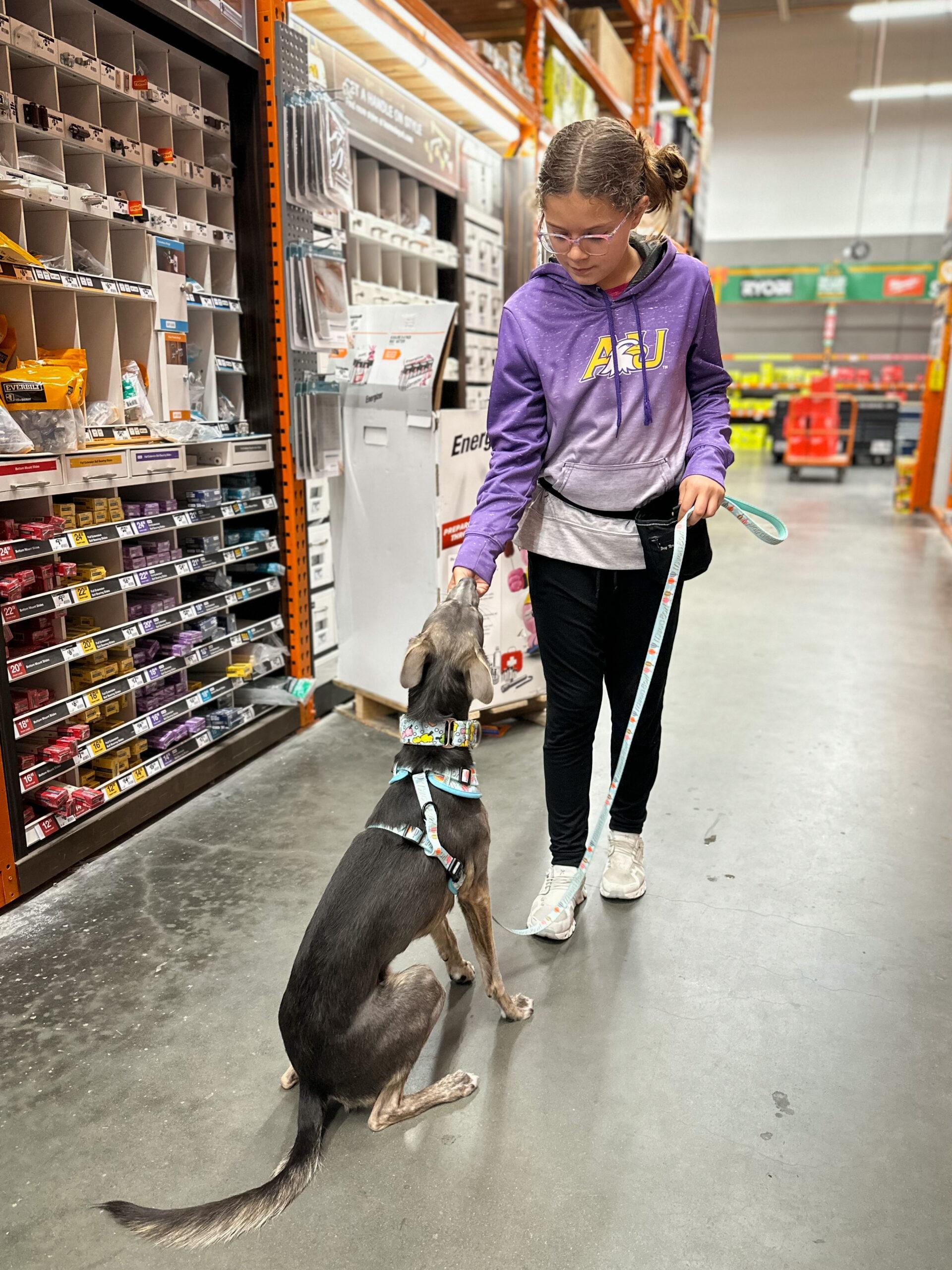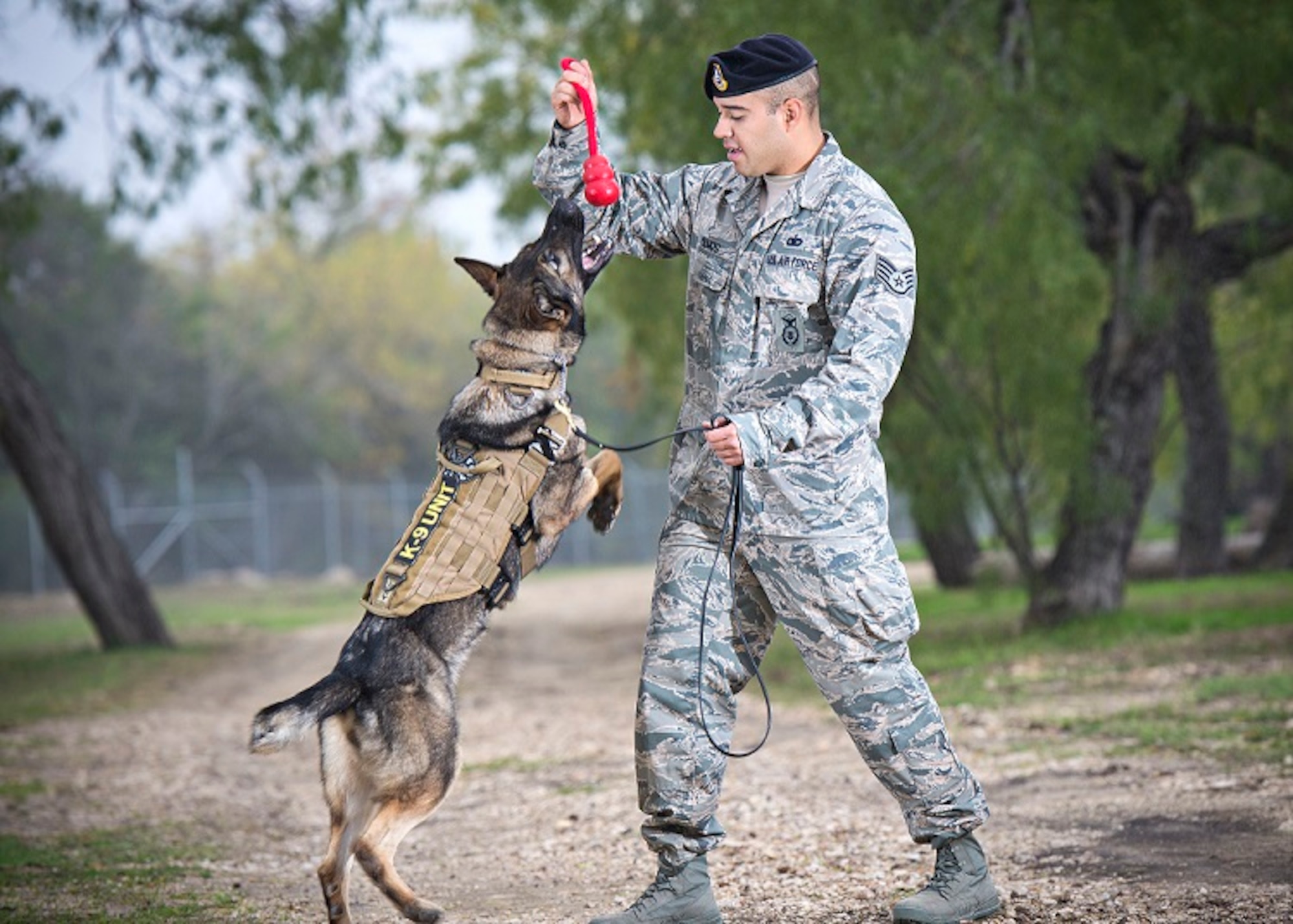How Professional Dog Training Can Enhance Your Dog’s Skills and Behavior
How Professional Dog Training Can Enhance Your Dog’s Skills and Behavior
Blog Article
Transform Your Dog's Habits With Proven Training Methods
Transforming your pet dog's behavior calls for a nuanced understanding of their private attributes and demands, as well as the application of proven training techniques. Consistency in your training approach not only boosts obedience however also cultivates a much deeper bond of count on and respect in between you and your animal.
Comprehending Dog Actions
Understanding dog habits is necessary for effective training and interaction between humans and their canine buddies. Dogs, as social pets, display a range of habits influenced by genes, atmosphere, and experiences - Dog training. Identifying these habits helps proprietors customize their training approaches to meet the specific demands of their canines
Key aspects of pet dog habits include body movement, articulations, and social interactions. A wagging tail usually suggests excitement, while a decreased head may signal entry or fear. Understanding these signals can aid owners analyze their pet dog's emotional state and respond suitably. In addition, socialization plays an important duty fit actions; dogs that engage positively with various other animals and different individuals are usually a lot more versatile and well-adjusted.
In addition, identifying stress signals-- such as evasion, pacing, or panting habits-- can stop acceleration right into a lot more severe concerns. Proprietors who are attuned to their dog's behavior can create a safe and nurturing environment, promoting depend on and improving the training process. Eventually, a deep understanding of canine habits lays the foundation for an unified relationship and efficient training outcomes, guaranteeing both dogs and their owners thrive together.
Favorable Support Methods
Positive reinforcement strategies are extensively identified as one of the most reliable techniques for training pets, cultivating a positive learning setting. This technique involves rewarding desired actions with treats, praise, or play, therefore urging the pet dog to repeat those behaviors. Unlike corrective methods, favorable support constructs trust fund and strengthens the bond between the canine and the trainer.
Incentives need to be given right away following the desired habits to assist the pet dog make the link. Uniformity is additionally important; utilizing the very same commands and incentives helps the canine comprehend what is anticipated.
It is necessary to note that positive support is not concerning bribery; rather, it is regarding enhancing etiquette. With time, as the pet discovers to link particular activities with favorable end results, the regularity of rewards can be gradually reduced, transitioning to verbal appreciation or recurring incentives. This approach not just motivates obedience however likewise promotes a pleased and confident pet, making training an extra delightful experience for both events included.
Resolving Typical Problems
Dealing with common concerns throughout pet dog training is necessary for making sure a unified and effective connection between the pet and its proprietor. Lots of pet dog owners experience behavioral difficulties, such as extreme barking, leaping, and chain pulling. Recognizing the origin of these behaviors is critical for reliable training.
Extreme barking may stem from dullness, stress and anxiety, or a lack of socializing. To reduce this, offer ample workout, psychological stimulation, and possibilities for social interaction with both humans and various other dogs. Leaping can frequently be a sign of exhilaration or a desire for focus. Training the pet click here to read dog to sit upon welcoming can reroute this behavior favorably.
Chain drawing is one more widespread concern, frequently arising from a dog's passion to discover. Utilizing appropriate chain taking care of methods, incorporated with training protocols that urge loose-leash walking, can dramatically improve this actions.
In addition, problems like resource securing or separation stress and anxiety require customized strategies. Progressive desensitization and counter-conditioning can be reliable in resolving these difficulties. By acknowledging and proactively managing these common concerns, canine owners can promote a more delightful training experience and strengthen the bond with their canine buddies.
Uniformity in Training

To accomplish consistency, it is vital that all participants of the home adhere to the very same training techniques. Using the very same spoken cues and hand signals makes certain that the pet dog receives consistent messages. Additionally, the timing of rewards and improvements need to be regular; instant reinforcement raises the chance that the pet dog will link the habits with the outcome.
Routine technique sessions, coupled with structured timetables for feeding, walking, and playtime, assistance dogs expect and comprehend their setting, making them more receptive to training. Inevitably, consistency fosters a feeling of protection and trust fund, empowering dogs to find out a lot more successfully.
Building a Strong Bond
Just how can cultivating a solid bond in between a canine and its owner enhance the training experience? A strong partnership improved count on and respect functions as the foundation for reliable training. When a pet really feels safe in its link with its owner, it is much more likely to show favorable habits and be receptive to learning. This bond urges the pet to involve completely in training sessions, as it views the proprietor as a resource of support and support.
Additionally, a strong bond facilitates far better communication. Dogs are experienced at checking out human cues, and a relying on connection allows for more clear signals during training. Proprietors who spend time in building this bond via play, socialization, and favorable reinforcement develop a setting where canines really feel anxious and inspired to find out.
Furthermore, a well-established link can reduce stress and anxiety and behavioral concerns, as dogs are much less likely to act out when they feel understood and looked after. Consequently, focusing on the advancement of a strong bond not just improves the training experience but likewise adds to a better my sources and more well-adjusted pet. Ultimately, the trip of training changes into a collective collaboration, resulting in lasting behavior enhancements.
Final Thought

Proprietors that are attuned to their canine's habits can create a secure and caring environment, promoting depend on and enhancing the training process. Ultimately, a deep understanding of canine behavior lays the foundation for a harmonious partnership and reliable training outcomes, ensuring both pets and their owners grow with each other.
Resolving usual issues during dog training is vital for making sure a effective and unified relationship in between the pet and its owner.Consistency is a keystone of effective canine training, as it develops a clear structure for the canine to understand behaviors and expectations.In final thought, changing a pet's actions via proven training approaches calls for an understanding of canine actions, the application of positive reinforcement methods, and an emphasis on uniformity.
Report this page